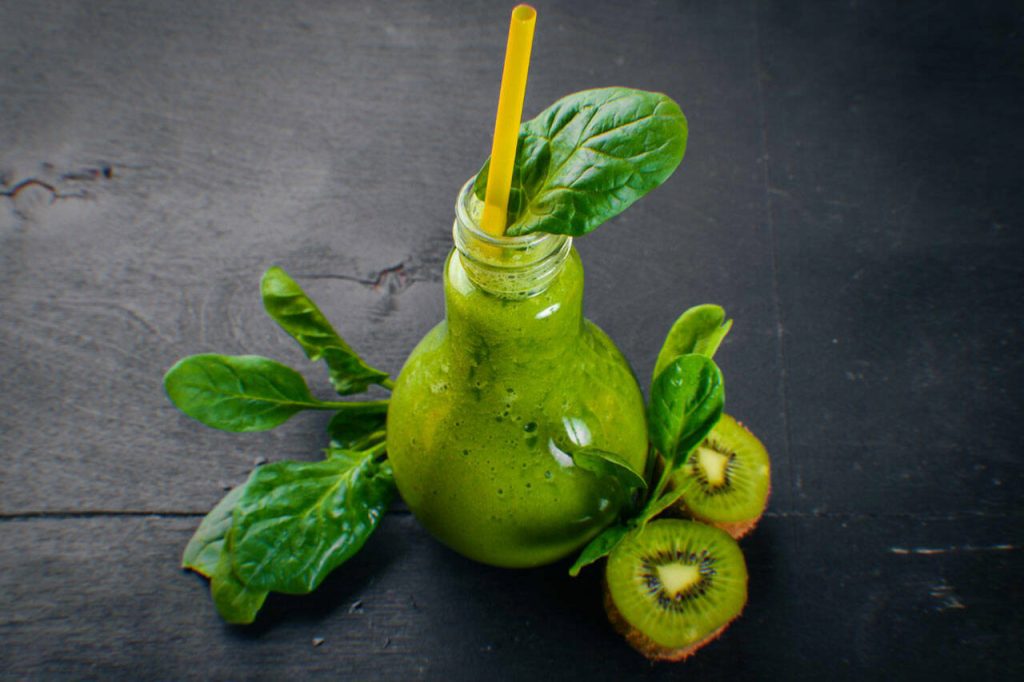
Can THC drinks cause addiction?
While THC is not considered as addictive as substances like nicotine or opioids, it can still lead to dependence in some individuals. The addictive potential of THC is influenced by various factors, including genetics, environment, and frequency of use.
Factors Contributing to Addiction
Several factors contribute to the addictive potential of thc drinks. Genetic predisposition plays a significant role, as some individuals may be more susceptible to developing addiction due to their genetic makeup. Environmental factors, such as peer influence and availability of drugs, also play a crucial role in determining addiction risk.
Effects of THC on the Brain
How THC Interacts with the Brain’s Reward System
THC interacts with the brain’s endocannabinoid system, which plays a crucial role in regulating mood, appetite, and memory. When consumed, THC binds to cannabinoid receptors in the brain, leading to the release of dopamine, a neurotransmitter associated with pleasure and reward.

Long-Term Effects of THC Consumption
Chronic use of THC can lead to changes in the brain’s reward system, leading to tolerance and dependence over time. Long-term use may also impair cognitive function and increase the risk of mental health disorders, such as anxiety and depression.
Risk Factors for Addiction to THC Drinks
Genetic Predisposition
Individuals with a family history of substance abuse may be at a higher risk of developing addiction to THC drinks. Genetic factors can influence how the brain responds to THC, making some individuals more vulnerable to addiction than others.
Environmental Influences
Environmental factors, such as peer pressure and social norms, can also influence addiction risk. Exposure to environments where THC use is normalized or encouraged can increase the likelihood of developing addiction.
Frequency and Dosage of THC Consumption
The frequency and dosage of THC consumption play a significant role in addiction risk. Regular use of high-potency THC products can lead to tolerance and dependence, increasing the likelihood of addiction.
Physical Symptoms
Physical symptoms of addiction to THC drinks may include increased tolerance, withdrawal symptoms upon cessation, and cravings for the substance. Users may also experience changes in appetite, sleep patterns, and mood.
You May Also Like

Guide to Machine Screws and Different Types of Machine Screws
March 15, 2023
How to Properly Use and Maintain Your Delta 9 Vape Pen for Longevity
February 15, 2024

